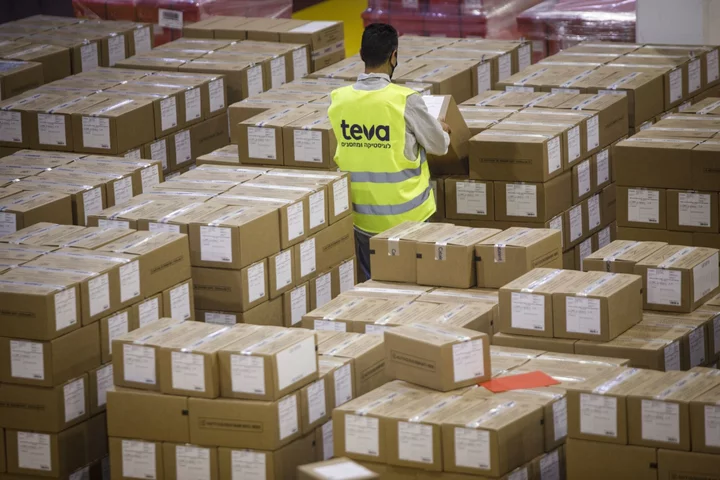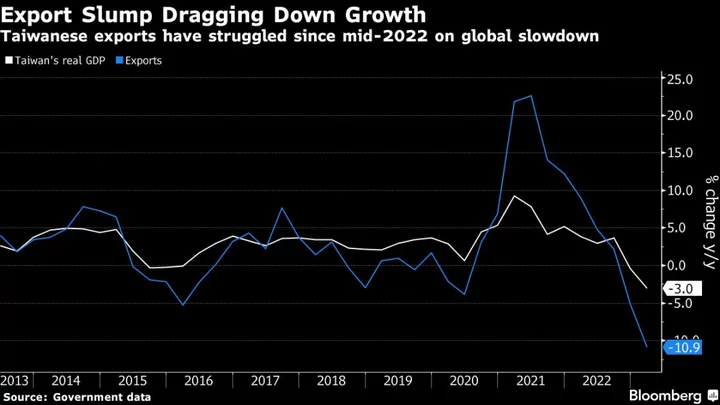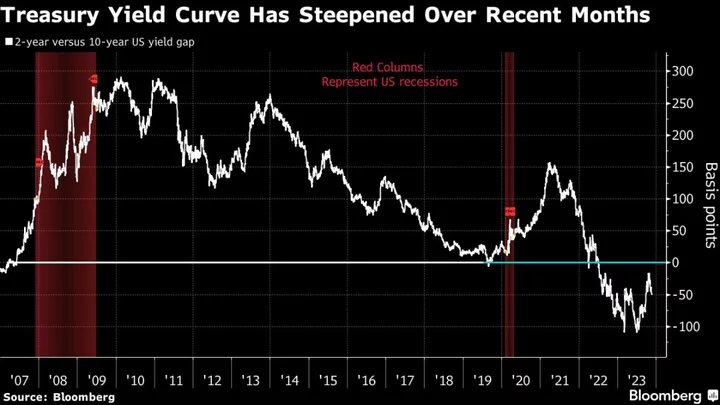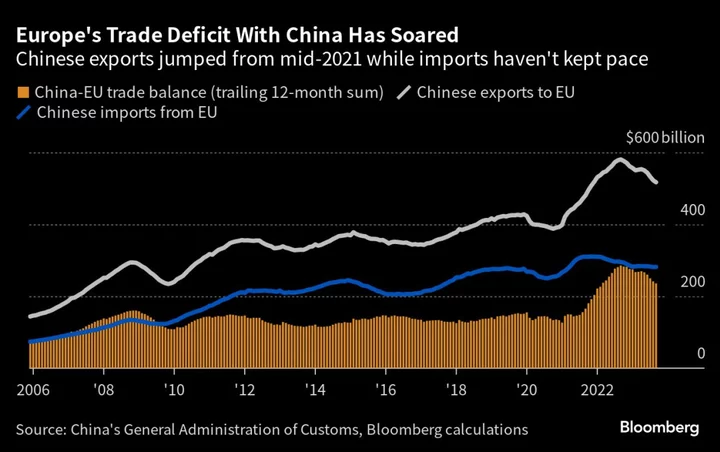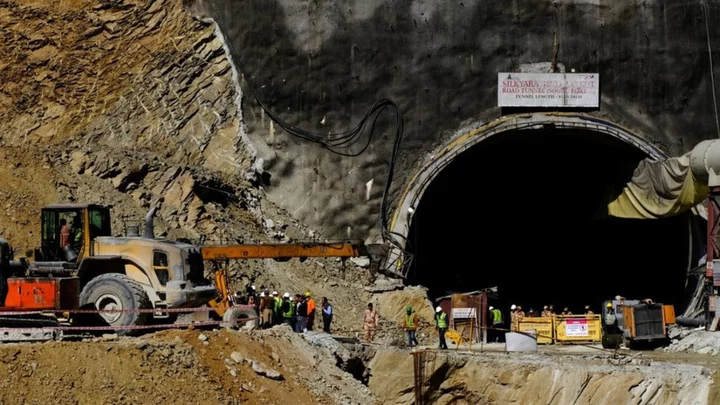Teva Pharmaceutical Industries Ltd. plans to cut back manufacturing of generic drugs, citing low profitability, at a time when shortages are intensifying and makers of these medicines are struggling to stay in business.
The Israel-based company is one of the world’s largest makers of generic drugs, but has been contending with high debt as prices shrink across the board. Some nine out of 10 prescriptions filled in the US are for generic drugs. The industry has been under increasing pressure, leading to a scarcity of crucial medicines like antibiotics and cancer treatments.
As part of a plan to improve its finances — the company has more than $20 billion of debt — Teva will stop producing some older generic drugs and reduce the number of new generics it develops, Chief Executive Officer Richard Francis said on a call with reporters Thursday. Francis, who joined the company at the beginning of the year, declined to specify which drugs would be dropped and said the changes will not be concentrated among therapies for any specific disease.
“The drugs we’re pulling out of are drugs which are low-margin,” Francis said in an interview on Bloomberg TV. He said Teva will drop medicines that are also manufactured by as many as 10 or 15 other drugmakers. Other companies should be able to compensate for the decreased supply from Teva, the CEO said. This will free up his company’s resources for other products, he said.
Read More: Secret White House Team Tackles Drug Shortages, Quality Woes
The company’s American depositary receipts rose 1.6% at the market close in New York.
The company doesn’t yet know what generic drugs will be cut and is not planning on dropping any that are currently in short supply due to high demand, said Kelley Dougherty, a spokesperson. “This is a very long term effort in which we are going to be very carefully considering the marketplace,” she said.
The effect of Teva’s cuts will depend on which drugs the company stops making, said Erin Fox, who runs the University of Utah’s drug information service that tracks shortages. If Teva cuts a drug for which it is a major supplier, that might lead to shortages, she said, but if they stop producing a drug they make little of, there might not be an impact.
Teva is acutely aware of this problem. The company makes the antibiotic amoxicillin and attention-deficit/hyperactivity disorder drug Adderall, which both have been in short supply for more than 6 months.
Drug shortages are at a five-year high in the US for a variety of reasons. Sometimes a big supplier has a quality problem and other makers of a given drug aren’t able to quickly fill the gap. Other times there are spikes in demand for certain drugs, but companies don’t have space or resources to keep up. Consolidation among the companies that buy generics is also forcing prices lower and driving manufacturers to stop making the drugs.
Innovating Instead
Teva’s changes are part of a long-term plan announced Thursday, which focuses more on innovative products and biosimilars, copycats of expensive biologic drugs. Both categories are more lucrative than the simple generics that have sustained the company for years. American depositary receipts of Teva were up 7.3% at noon in New York.
While Teva still makes much of its revenue from generics, the company also sells some branded drugs that pull in hundreds of millions of dollars annually. The company has biosimilar drugs on the market and in development, but recently struggled to launch a biosimilar to AbbVie Inc.’s Humira, a treatment for arthritis and other immune diseases that is one of the top-selling medicines in the US.
Teva will focus in the future on complex generics such as drug-device combinations and long-acting injected drugs.
Watch: Teva to Make Fewer Generic Drugs (Video)
“Generics are a contracting business, and Teva will need to focus elsewhere to find growth to support its large debt load,” said Ann-Hunter van Kirk, a Bloomberg Intelligence analyst, before the plan was released.
Much of the world’s generic drug production takes place in China and India, and safety problems with medicines have arisen. Aware of this and the increasing drug shortage problem, the White House has a task force to address problems in the generic drug market, Bloomberg News reported last week. It’s unclear how far the US government is willing to go to shore up the industry. Congress has also held hearings on this issue but has not introduced legislation.
Meanwhile, companies are struggling to stay afloat. Two major generic drugmakers have filed for bankruptcy in recent months, adding to concern about the health of the industry. Akorn Operating Co. went out of business in February and recalled all its drugs, including an albuterol product used for hospitalized children that’s in short supply. Lannett Co. filed for bankruptcy earlier this month.
(Updates in fourth and fifth paragraphs with CEO comments and shares.)

